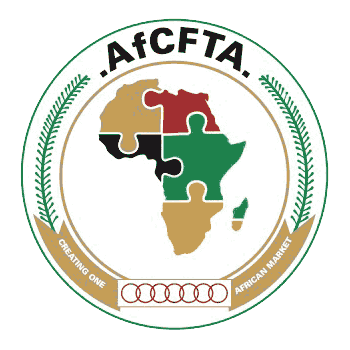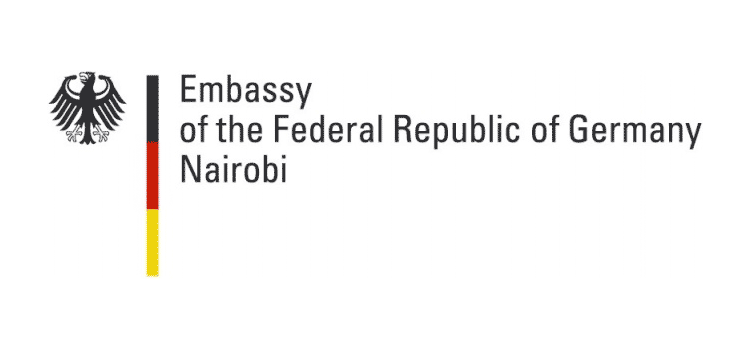Accelerating German – African Trade and Investment
8 – 10 May 2025
Kenyatta International Convention Centre – KICC
Nairobi, Kenya
EXPO & CONFERENCE
Accelerating German – African Trade and Investment
8 – 10 May 2025
Kenyatta International Convention Centre – KICC
Nairobi, Kenya
About Africa and African Continental Free Trade Area (AfCFTA)
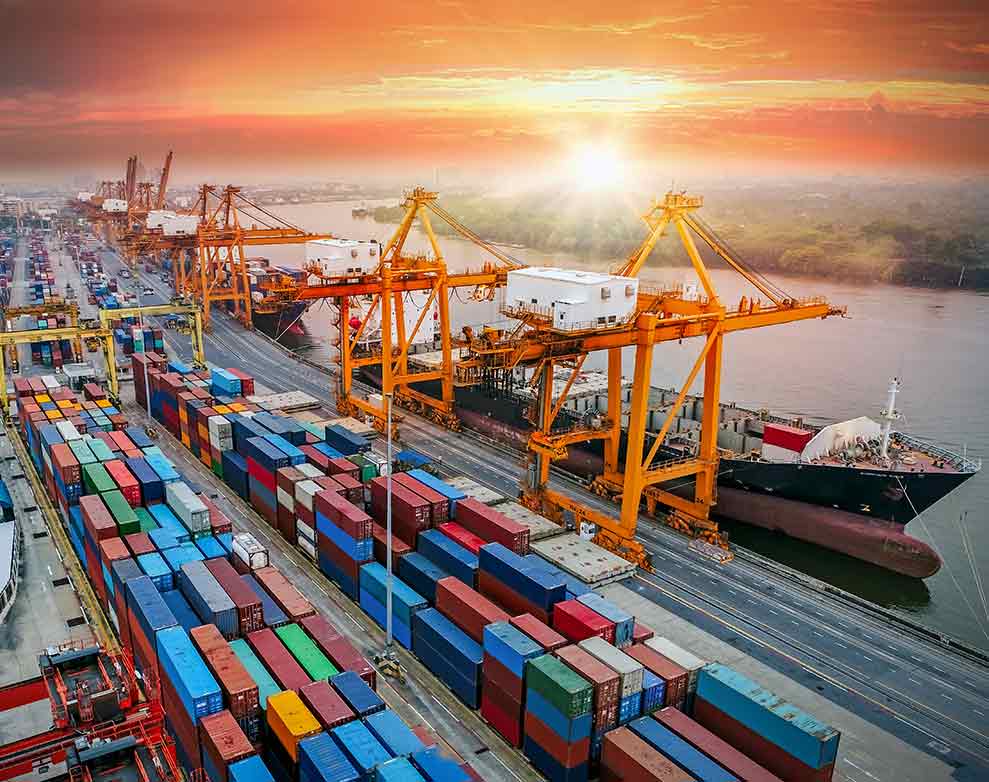
African economies are beginning to recover from the impact of COVID-19. Despite making some gains in 2021, it could be difficult for nations to grow their economies in 2022, it seems.
African economies were badly hit by the emergence of COVID-19 in 2020 and the subsequent slowing of the global economy. On top of this, the lockdowns and restrictions accompanying the pandemic led to drops in the manufacturing of goods, trade volumes, investments, tourism and other revenue-generating activities across the continent.
Some of Africa’s poorer nations bounced back slightly in 2021. According to World Bank figures, emerging and developing economies, most of which are in Africa, grew by 6.3% at the end of 2021. The World Bank projects that this marginal growth in sub-Saharan Africa will continue in 2022.
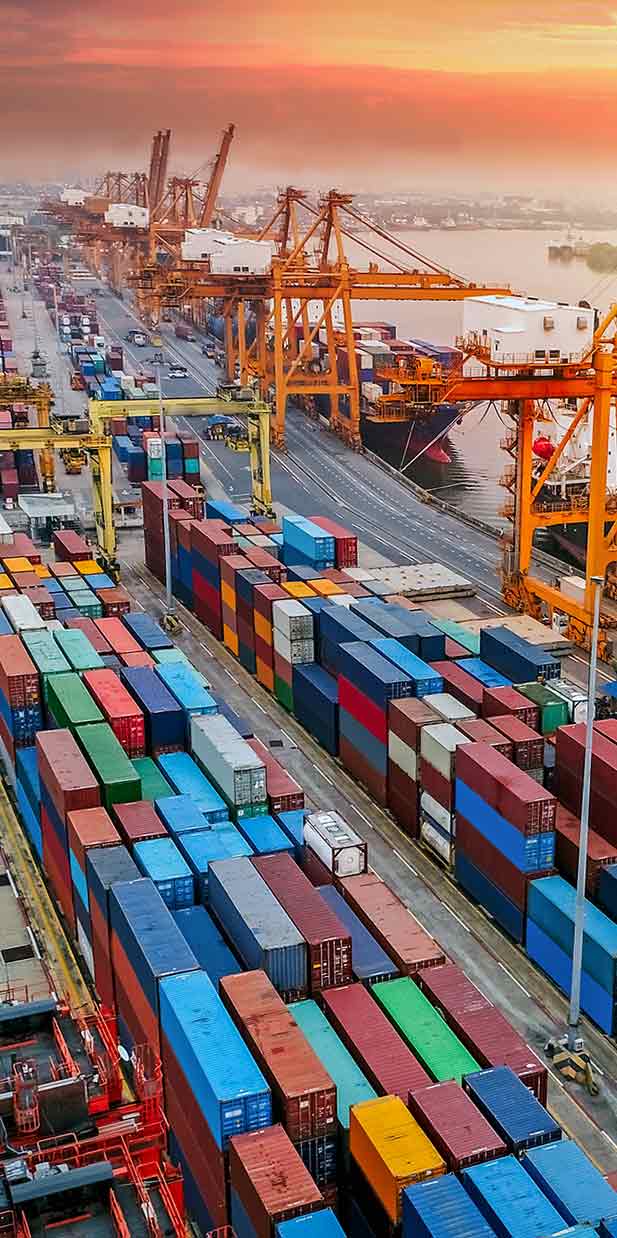
African economies are beginning to recover from the impact of COVID-19. Despite making some gains in 2021, it could be difficult for nations to grow their economies in 2022, it seems.
African economies were badly hit by the emergence of COVID-19 in 2020 and the subsequent slowing of the global economy. On top of this, the lockdowns and restrictions accompanying the pandemic led to drops in the manufacturing of goods, trade volumes, investments, tourism and other revenue-generating activities across the continent.
Some of Africa’s poorer nations bounced back slightly in 2021. According to World Bank figures, emerging and developing economies, most of which are in Africa, grew by 6.3% at the end of 2021. The World Bank projects that this marginal growth in sub-Saharan Africa will continue in 2022.
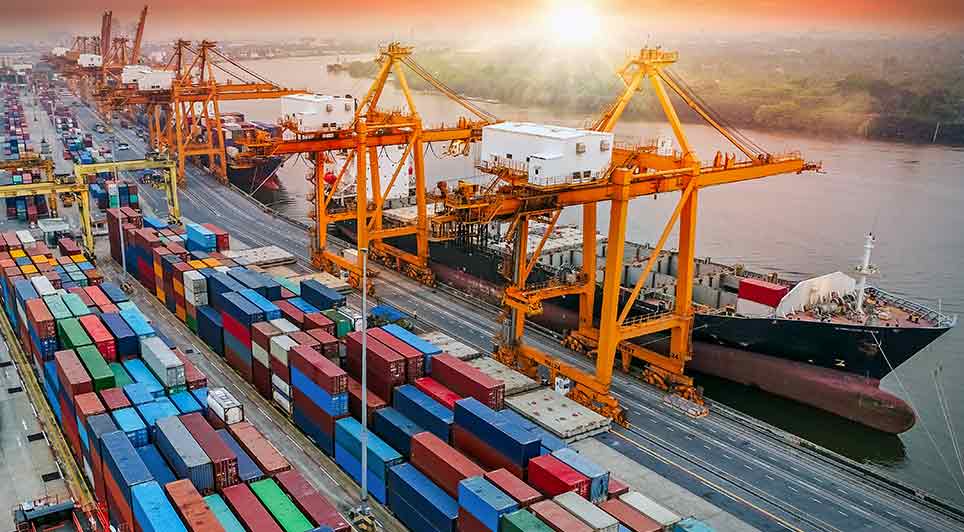
African economies are beginning to recover from the impact of COVID-19. Despite making some gains in 2021, it could be difficult for nations to grow their economies in 2022, it seems.
African economies were badly hit by the emergence of COVID-19 in 2020 and the subsequent slowing of the global economy. On top of this, the lockdowns and restrictions accompanying the pandemic led to drops in the manufacturing of goods, trade volumes, investments, tourism and other revenue-generating activities across the continent.
Some of Africa’s poorer nations bounced back slightly in 2021. According to World Bank figures, emerging and developing economies, most of which are in Africa, grew by 6.3% at the end of 2021. The World Bank projects that this marginal growth in sub-Saharan Africa will continue in 2022.
Free trade hopes
A free trade zone officially began under the African Continental Free Trade Agreement (also known as AfCFTA) in early 2021, which has been signed by all African countries except Eritrea. Trade under the agreement is supposed to eventually result in a liberalized single market for goods and services, facilitated by the easy movement of people and capital.
In the long-term, the agreement is touted as having the potential to expand manufacturing, reduce poverty and inequality trends, and spur sustainable and inclusive growth.
Because duties and restrictions will fall on goods and services from countries that have ratified the agreement, once the rules of origin are established, this would actually give originating status to products “made in Africa.“ It will encourage and boost intra-African production, intra-African consumption and intra-African export.
Currently, most African countries lack the technical infrastructure needed to support free trade under the agreement.
